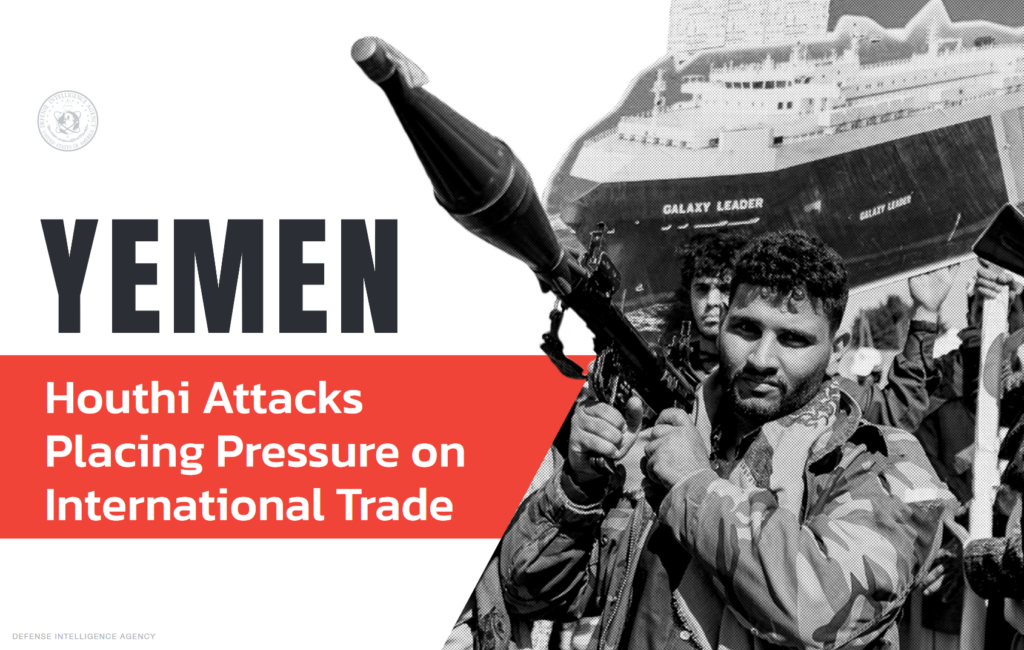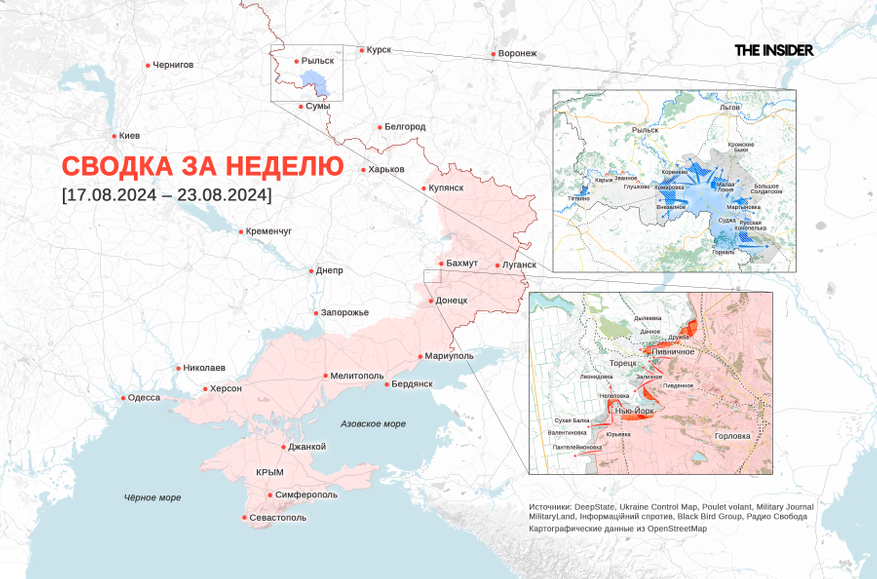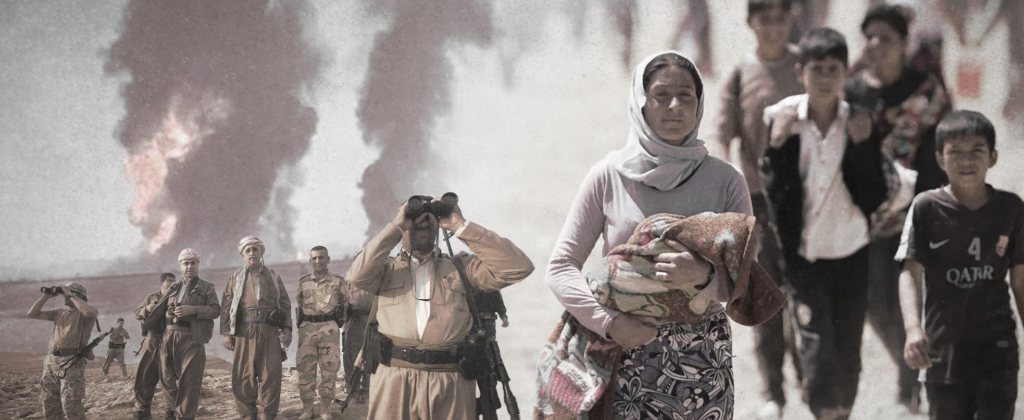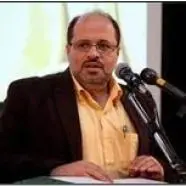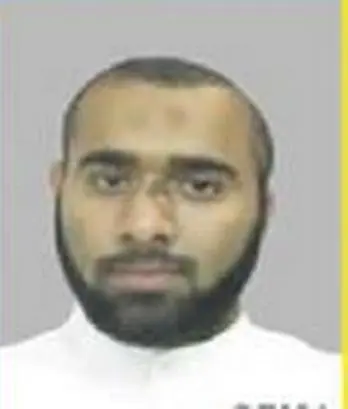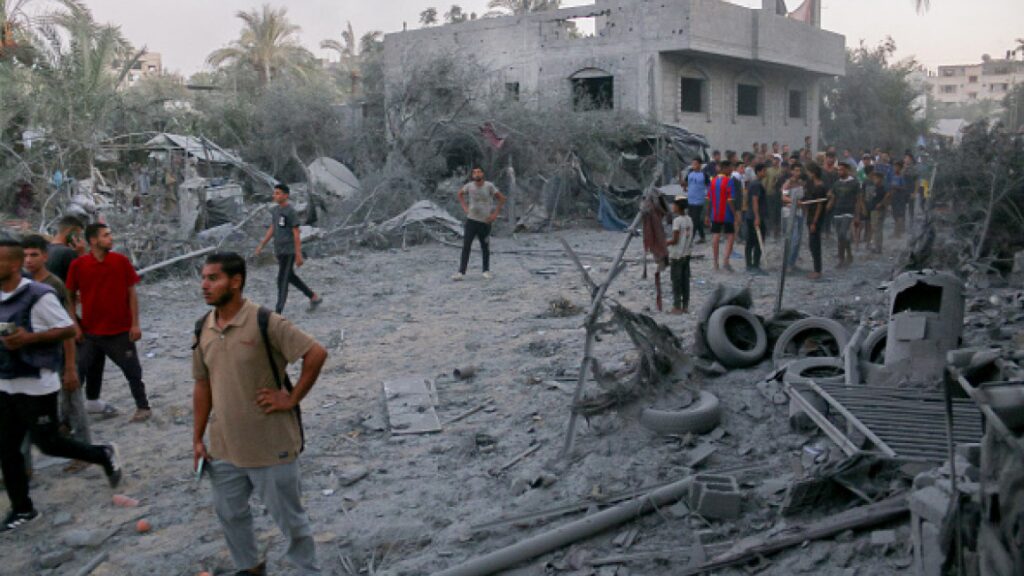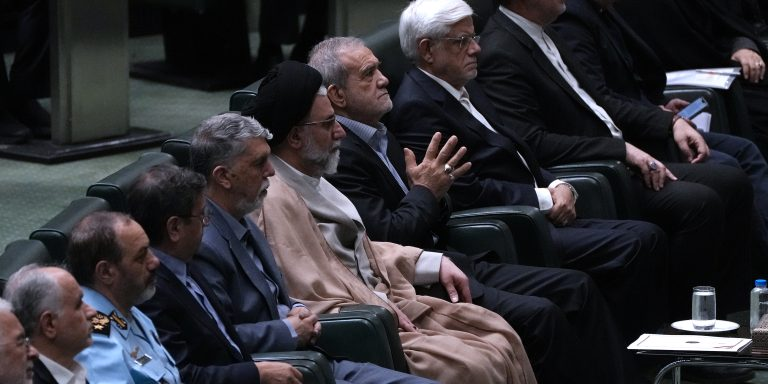Monday Briefing: After Hezbollah’s retaliation, no broader war for now, but the conflict drags on
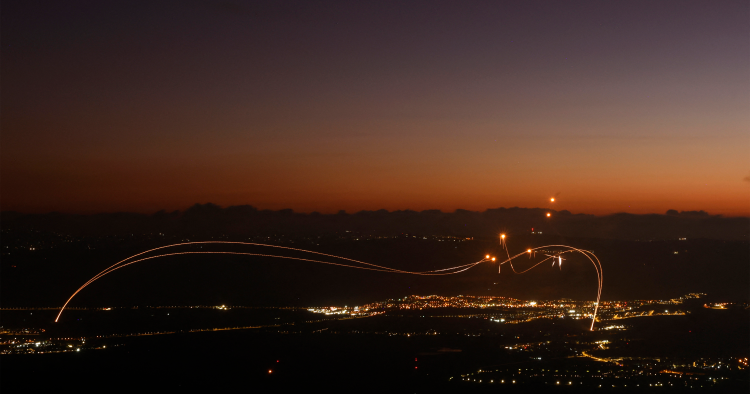
After Hezbollah’s retaliation, no broader war for now, but the conflict drags on
Following Israel’s “pre-emptive strike” against Hezbollah military facilities and Hezbollah’s rocket and drone attacks, the two sides have engaged in a war of narratives, each trying to frame their respective operation as a success.
Given the continuing failure of the Gaza cease-fire talks, Hezbollah seems to be in a strategic trap of its own making: By linking the cessation of its war of support to a cease-fire deal, it has relegated the decision over when to end it primarily to the Israeli prime minister.

